Final Evaluation of CBR Programme on disability and rights of persons with disabilities in Mongolia
Title Protecting the rights of the persons with disabilities in Mongolia through capacity building of civil society organizations
Location Ulan Bataar, Mongolia
Duration August 2015
Local Partner Tegsh Niigem (ONG)
Funding AIFO – Associazione Italiana Amici di Raoul Follerau
Context
Disability is a condition that is not only about the individual but it involves and concerns the community as a whole. According to the national census, in 2010 in Mongolia there were 108.071 persons with disabilities (approximately 4%of the total population). In 2008, Mongolia ratified Convention on the Rights of the Persons with Disabilities (UNCRPD) and its Optional protocol. The CRPD Committee reviewed the initial country report of Mongolia in 2015 in Geneva with its 13th session and sent the Concluding observation on the initial report to the Government of Mongolia.
CBR approach, is considered a key asset to achieve an effective implementation of the CRPD and empower pesons wth disabilities in creating inclusive societies (CBR Guidelines, WHO, ILO, UNESCO, IDDC, 2010). In July 2011, the Community Based Rehabilitation (CBR) programme became a National Program.
Under this framework, AIFO, with its 20 years experience on disability issues in Mongolia, implemented the project “Protecting the rights of the persons with disabilities in Mongolia through capacity building of civil society organizations”. This project had two main objectives:
- ♦ To improve the capacity of Disabled People’s Organizations (DPOs) in implementing the UN Convention on the Rights of Persons with Disabilities (UNCRPD).
- ♦ To support the process of elaboration and preparation of the new Mongolian Disability Law in collaboration with Disability Department of the Ministry of People’s Development and Social Protection.
From qualitative point of view the project actively involved civil society to participate in all its actions, without forgetting the relationship with institutions. It means that DPOs have been empowered and they become able to interact and discuss with many of those institution (Government, CRPD Committee, Human rights commission…) whose task is to protect the rights of PwDs in Mongolia. One of the two objective of the project was to elaborate and prepare a new National Disability Law in collaboration with Disability Department of the Ministry of People’s development and social security. The concept of the Law was in line with UNCRPD and without DPOs involvement it would have been significantly different and not focus on most critical challenges of disability in Mongolia.
General Objective
The aim of the final evaluation was to fully understand the effectiveness and efficiency of the processes underlying the project, but also the project’s impact prospects and potential sustainability.
Our contribution
After a desk analysis of the projects documents and materials, ARCO Researchers went on a field mission in Mongolia (August 2015) where they met the main stakeholders and beneficiaries of the project. The final-term evaluation made its conclusion on the basis of semi structured individual or collective interviews (26), Focus Group Discussions FGD (4) and desk review. The evaluator involved 37 key actors (22 women and 15 men): 15 of them were PwDs and 11 of them were from the countryside. Four interviews have been done by e-mail in order to involve key actors from international NGOs.
Read more on our Inclusive Development Unit
Related Projects
-

Action-Research to assess the dimension of the NEET phenomenon in Tuscany
-

Evaluation of the project to improve community awareness and response to gender-based violence in Uganda
-

Research on knowledge, attitude, social norms and practice on reproductive health rights and gender-based violence in Narok county, in Kenya
-
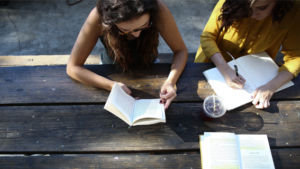
Betting on the Future: Youth and Territory in the Empolese Valdelsa Municipalities
-
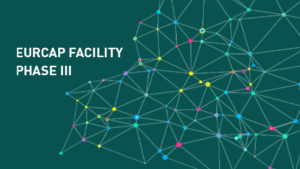
Capacity Building European Facility for the Readmission of Migrants – EURCAP, Final Evaluation
-
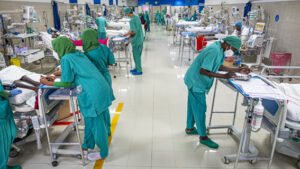
Final evaluation and SROI analysis of the project to train health personnel at the Salam Centre in Khartoum
-
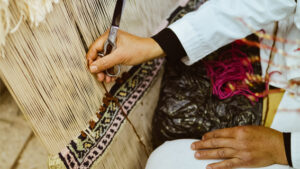
Action-research to foster the employment inclusion of persons with disabilities in Tunisia
-
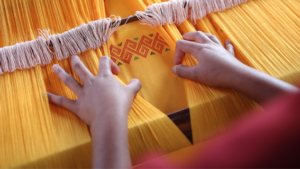
What Women Want: women’s empowerment and aspirations in SWANA countries.
-

Exploratory research on accessibility of health services in Mozambique
-

Action-Research to foster labour accessibility for young people with disabilities in Kenya
-
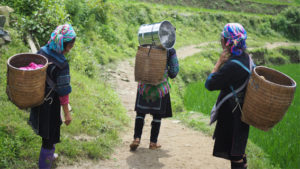
Evaluation of the project that aims to improve the health of the most vulnerable in Myanmar
-
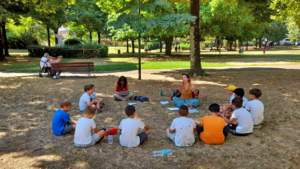
Action-Research for the Global Boyhood Initiative on stereotypes, gender roles and bullying
-
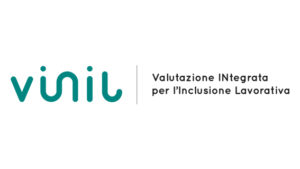
VINIL – employability assessment for persons with disabilities
-

Food Wave, Monitoring the project that promotes sustainable food consumption among young Europeans
-

Nothing About Us Without Us: Emancipatory Research and Strategic Plan on disability in Palestine
-
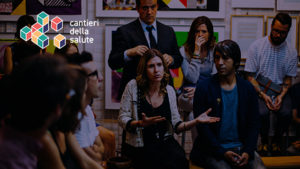
Monitoring and evaluation of the participatory processes of Cantieri della Salute in Tuscany
-

Market analysis to foster employment of young people in Mali
-
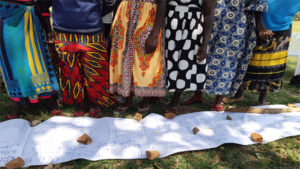
Action – Research to foster community health insurance for women in Sédhiou, Senegal
-
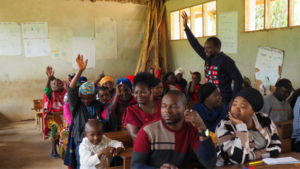
No One Left Behind: an Emancipatory Research for young people with disabilities in Tanzania
-
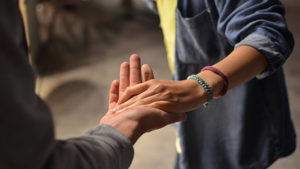
Social Board a model to contrast social exclusion, the case of Prato
-
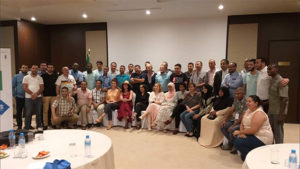
CapDeL: Incubation process for associative projects in Algeria
-

CapDeL: la ricerca al servizio dello sviluppo locale sostenibile in Algeria
-
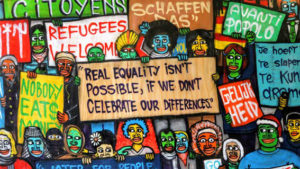
Evaluation of the SPRAR projects managed by ARCI Toscana
-

Need assessment to foster social inclusion in Tuscany
-
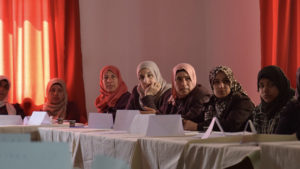
Promoting inclusive business and social entrepreneurship in Palestine
-

Final Evaluation of CBR Programme on disability and rights of persons with disabilities in Mongolia
-
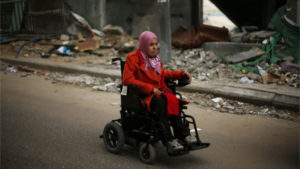
Emancipatory Research as a participatory approach to foster inclusion of women with disabilities in Palestine
-
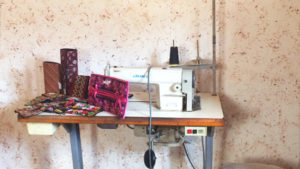
Research and consultancy for the inclusion of women with disabilities in the Gaza Strip
-
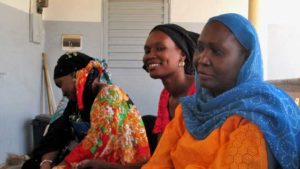
Action-Research for gender mainstreaming development in Senegal